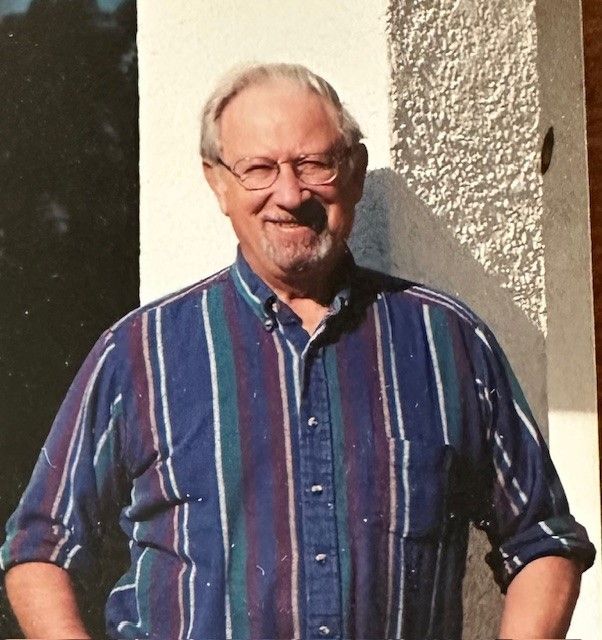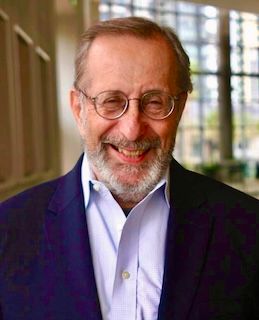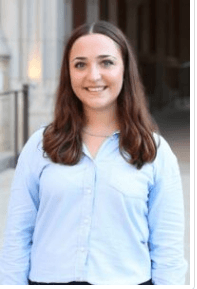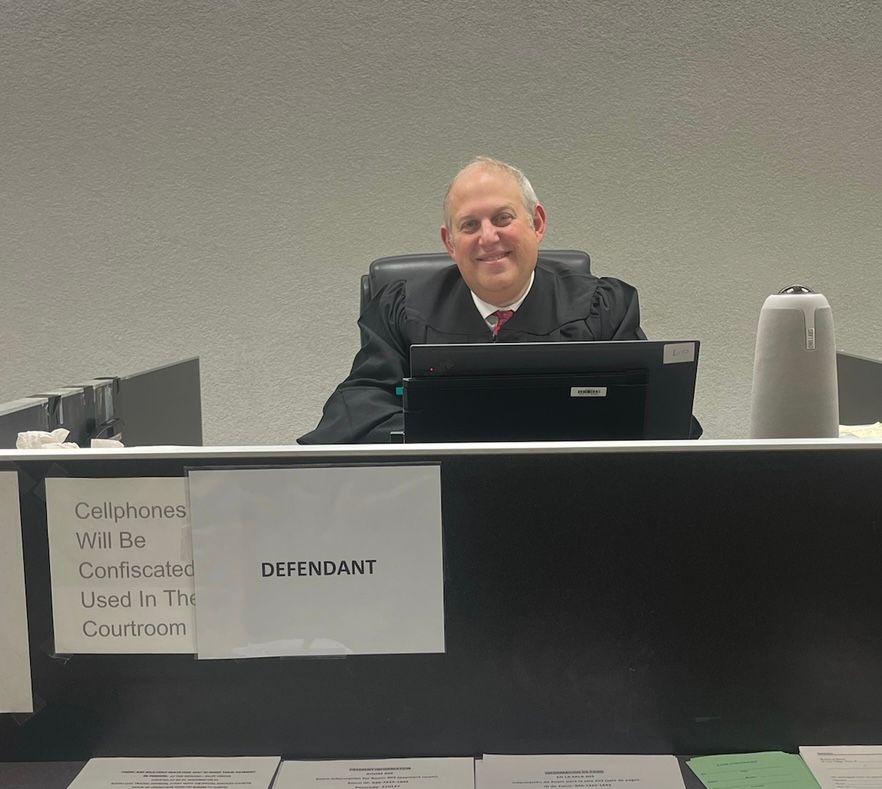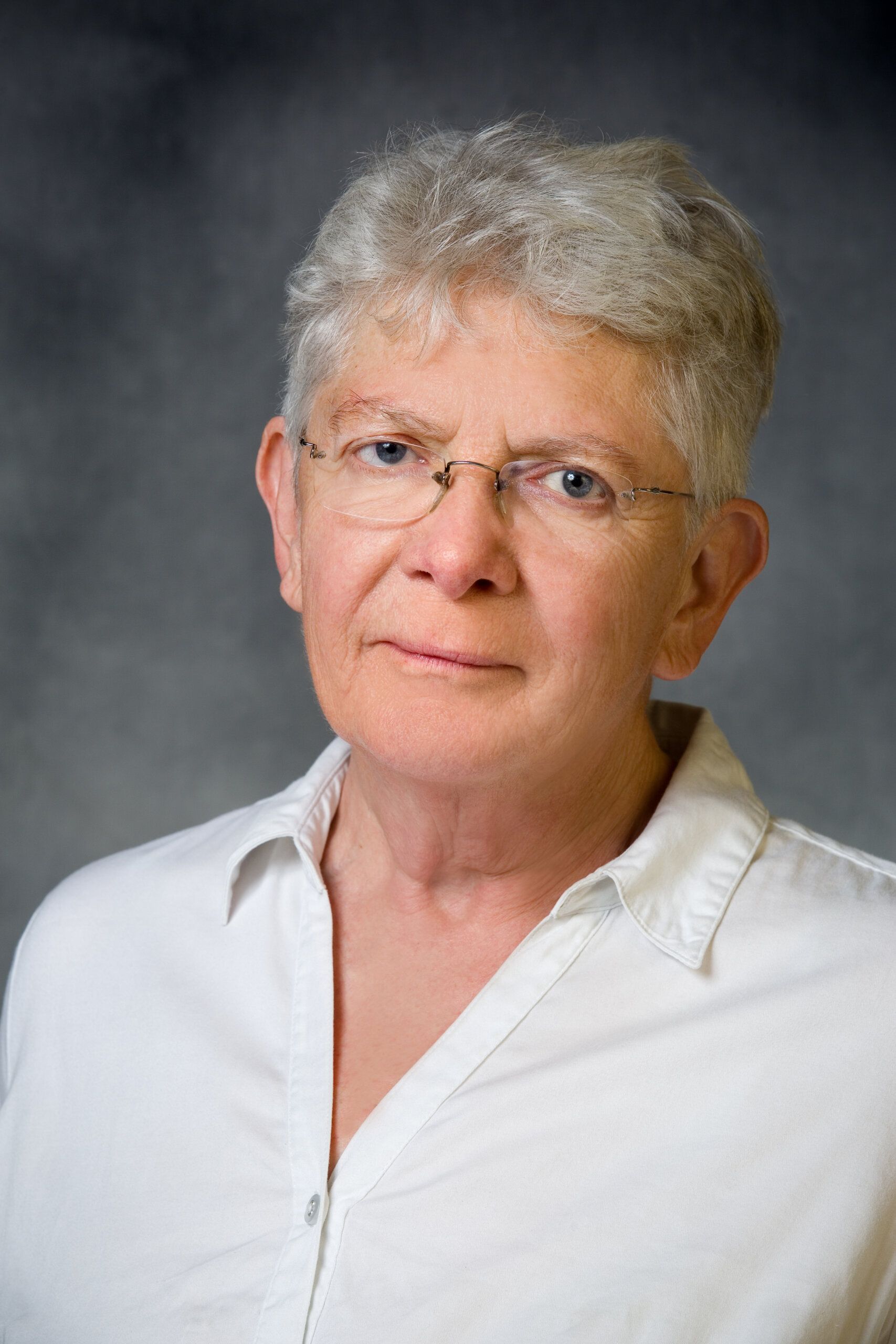Anson Rabinbach, 1945–2025

The scholarly community deeply mourns the passing of Anson Rabinbach MA’70, PhD’73 on February 2, 2025, at the age of seventy-nine. He earned his PhD in history at UW in 1973 with George L. Mosse. Having taught at Hampshire College, in Amherst, Massachusetts, and the Cooper Union for the Advancement of Science and Art in New York, he joined the Department of History at Princeton University in 1996 and worked/taught there until 2019. He died in Rome following an international seminar in Rome devoted to examining new scholarly approaches to the history of fascism. Rabinbach’s work on modern European cultural and intellectual history, especially that of modern Germany during the era of Nazism exerted a significant international impact on scholarship on those subjects. The crucial causal role of cultural and ideological trends on the course of events before and during World War II and the Holocaust remained one of his enduring preoccupations.
In 1974, he was a co-founder of the quarterly journal New German Critique, a publication that emerged from the great strength in the study of German history and literature at UW, and from the ferment of the New Left in Madison. He served on its board of editors for the next fifty years. The journal became and remains one of the most important in the field of German studies with a focus on literature, film, political, social theory, and history. Rabinbach had a life-long focus on the Frankfurt School of critical theory, and its examination of cultural and political modernity.
In 1983, he published the revision of his UW doctorate, The Crisis of Austrian Socialism: From Red Vienna to Civil War, 1927–1934. In 1987, with the book in mind, the Republic of Austria awarded the Victor Adler State Prize of the Republic of Austria, the highest honor for the humanities in Austria.
In 1990, his The Human Motor: Energy, Fatigue, and the Origins of Modernity, examined debates in the 19th and 20th century in philosophy, engineering, economics, industrial psychology and social policy in Europe concerning the human body as an energy using machine. In 1997, in the essay collection, In the Shadow of Catastrophe: German Intellectuals between Apocalypse and Enlightenment, he examined the reaction to World War I, World War II, and the Holocaust by a range of German philosophers, cultural critics, and social theorists including Theodor Adorno, Walter Benjamin, Ernst Bloch, Martin Heidegger, Karl Jaspers, and Max Horkheimer. As their theories continued to influence European and American intellectual life in recent decades, the collection contributed to both historical scholarship and ongoing intellectual debates.
In 2013, together with Sander Gilman, he edited The Third Reich Sourcebook. The collection of translation of original documents about the core of Nazi racism and radical antisemitism, the consolidation of the Nazi regime, response of the professional classes, details of the implementation of the Holocaust, and the role of cultural and social policies that served to foster a “utopia” of racial community that combined community with persecution of various outsiders. It has been and remains widely used in courses on Nazi Germany. In 2020, he published Staging the Third Reich: Essays in Cultural and Intellectual History. There he addressed the emotional and aesthetic dimensions of Nazism, antifascism, and interpretations of the Holocaust, and intellectual and artistic reflections in Europe in the aftermath of the Nazi era.
George L. Mosse and the generation of European refugee scholars began to push “Jewish questions” from the margin to the center of concern by American historians. Anson Rabinbach was among those of the succeeding generation who solidified that move from periphery to center of attention and continued to produce scholarship on modern European political, cultural, and intellectual history. His essays included discussions of the international lawyer Raphael Lemkin, the concept of genocide, and racism in the United States.
Rabinbach was previously married to the feminist psychoanalyst Jessica Benjamin, herself a graduate of the UW in 1967. He is also survived by his two sons, Jake Rabinbach, in Brooklyn, New York, and Jonah Rabinbach, in Oakland, California, and three grandchildren. He lived in New York City. Those who wish to send condolences can do so here: https://go.wisc.edu/948660.

